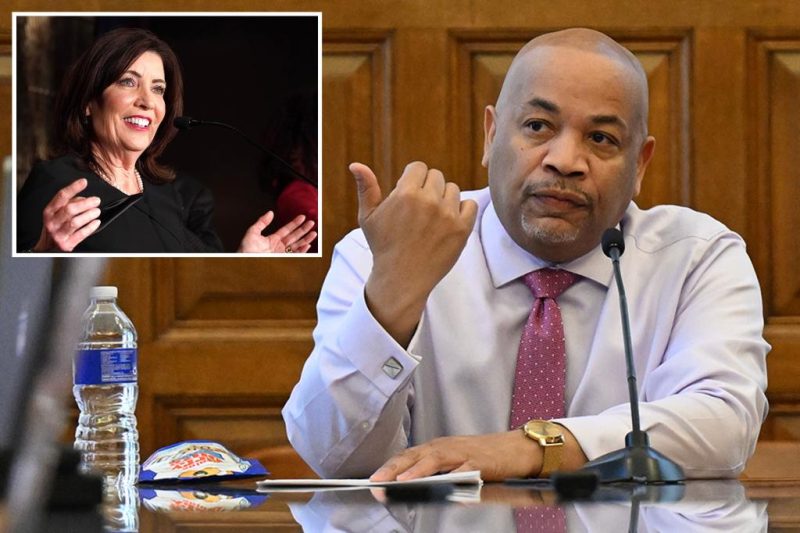
New York is grappling with a complex issue: the rise in violent incidents linked to individuals experiencing mental health crises. This has spurred Governor Kathy Hochul to push for significant changes to the state’s involuntary commitment laws, a move that’s now gaining momentum in Albany. Lawmakers are reportedly close to reaching a deal that would expand the criteria for involuntary commitment, allowing authorities to intervene more readily in cases deemed to pose a serious threat to public safety.
The urgency behind this legislative push is undeniable. Recent weeks have seen a disturbing spike in violent attacks in New York City, several of which have been attributed to individuals with untreated mental illnesses. These incidents have understandably heightened public concern and fueled the debate surrounding the balance between individual rights and the need to protect the community.
Governor Hochul’s proposal aims to strike this balance by increasing the circumstances under which individuals can be involuntarily committed for treatment. While details of the impending agreement remain scarce, the focus appears to be on clarifying the legal thresholds for intervention and potentially expanding the range of professionals who can initiate commitment proceedings. This could streamline the process, allowing for quicker access to care for those in crisis and potentially preventing future acts of violence.
However, the proposal is not without its critics. Advocates for the rights of individuals with mental illness express concerns that expanding involuntary commitment could lead to discrimination and unnecessary confinement. They argue that focusing solely on involuntary commitment neglects the need for increased funding for community-based mental health services, which are crucial for providing preventative care and reducing reliance on involuntary interventions.
The debate highlights a critical challenge facing New York and many other states: how to address the complex interplay between mental health, public safety, and individual liberties. Finding a solution that effectively balances these competing concerns will require careful consideration of various perspectives and a comprehensive approach that invests in both preventative care and appropriate interventions. The upcoming legislation will be a key indicator of New York’s commitment to tackling this multifaceted problem.










